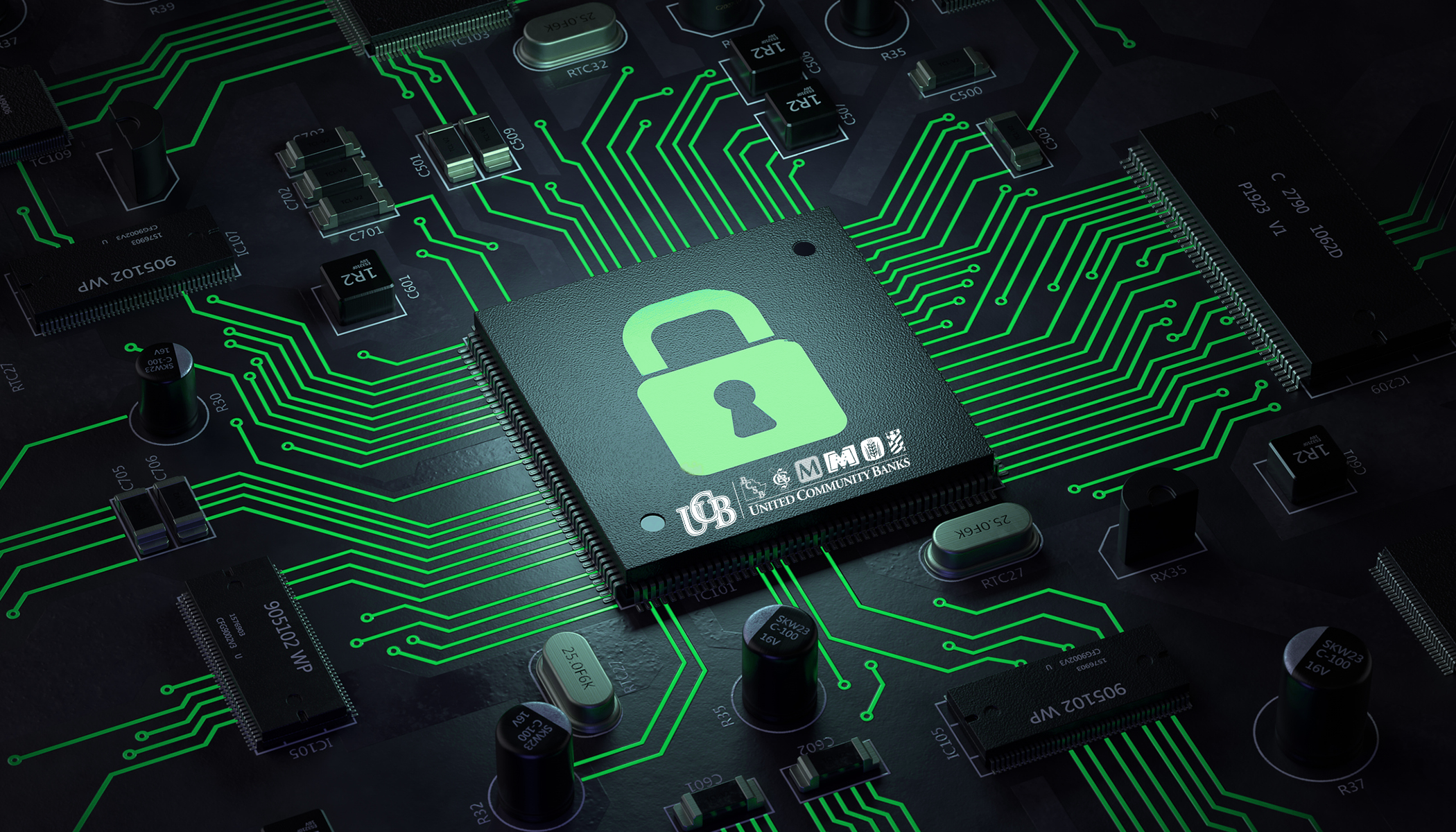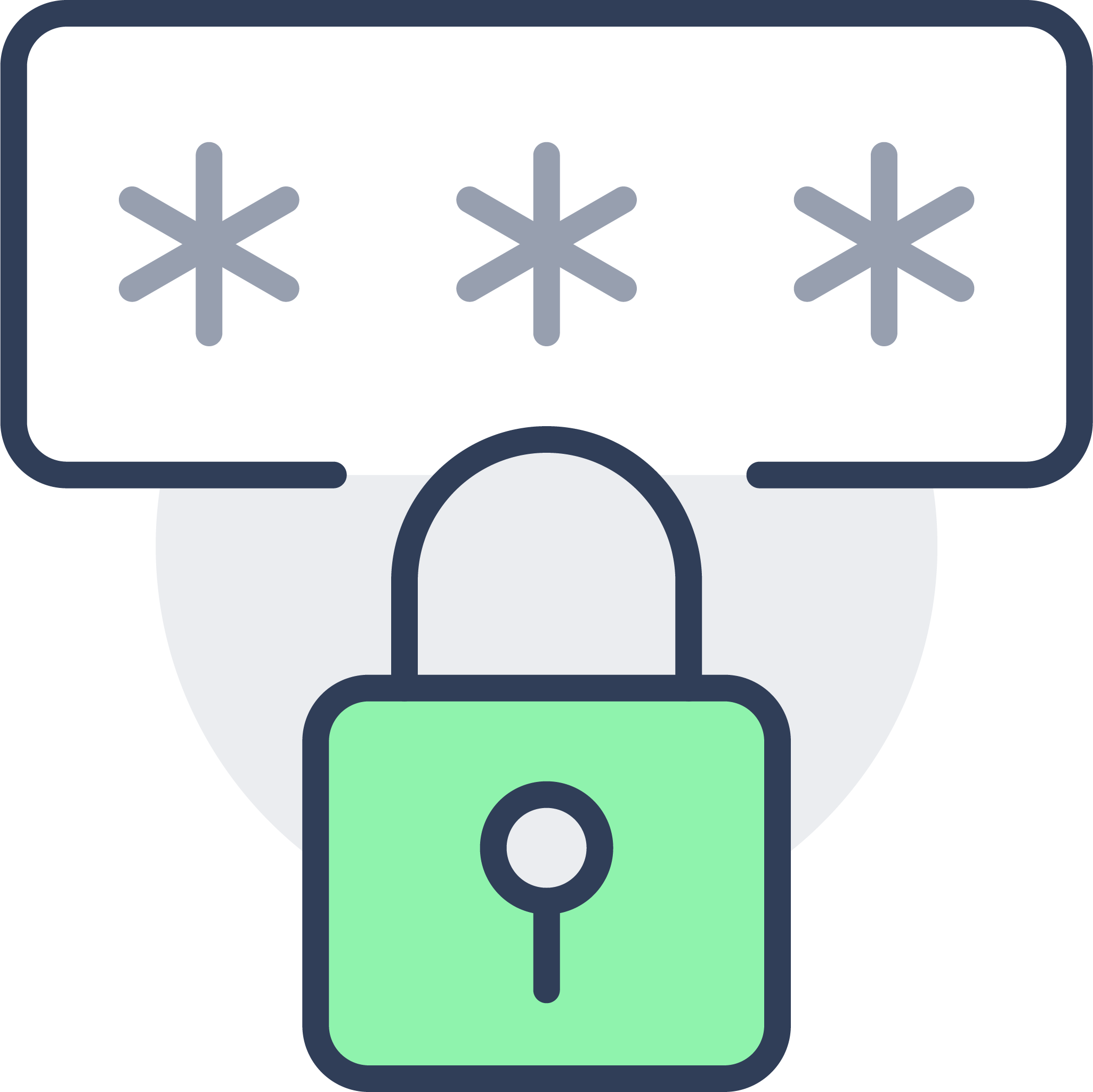Scam Alerts & Prevention
Scammers never take holidays or vacations. They are always working in the shadows trying to find ways to trick you out of your money.
Whether they are trying to steal your personal information, your identity, or are trying to get you to download malware or ransomware, the end goal is always the same - a payday at your expense.
Even though their tactics come in many disguises, a common theme in most scams is pretending to be someone you know or trust.
Recently, scammers sent email and text messages that appeared to be from your bank. These scammers used phony email and text messages trying to trick you into thinking you were interacting with a bank representative in order to gain access to your account information and one-time passcodes.
These fraudulent messages can be very convincing, using stolen logos and images, real website information, and even spoofing our phone numbers on caller ID.
It is important to remember, we will never contact you and ask you for your login ID, password, one-time passcodes, or PINs.
Other important reminders:
-
Never click on any links or open any files sent to you via text or email from someone you do not know, even if they claim to be a part of your financial institution or from a government agency.
-
Never give someone a one-time passcode, these are expressly for your authorized single use. As your bank, we will never ask you for this or your login information, and we will never ask you to make payments to correct fraud activity.
-
If someone calls you about anything related to your financial accounts or asks you to send money, hang up and call the person or company back at a number you know to be authentic.
If it is indeed us contacting you, we will not mind this confirmation step, and if it is not from us, you will have saved yourself from an imposter scam!
It's also important to be aware of some of the tactics scammers use. Below are some of the more prevalent scams:
|
|
Phishing, Smishing, & Vishing ScamsThis refers to the type of scams mentioned above, where scammers will send fake text messages, emails, or phone calls impersonating someone else, such as a financial institution or government agency. They usually try to trick their targets into sending them personal information or directing them to click on malicious links or files. |
|
|
Fake Fraud ScamsScammers use fake texts or phony calls mimicking a fraud alert from your bank. Thet tell you that fraud has occurred on your accounts and state they need your login or one-time passcode sent to your phone or email. If you give them information, they may then be able to access your accounts and send your money directly to their account using Zelle®. |
|
|
Imposter ScamsImposters come in many forms, but most use socially engineered information to trick you into thinking they're someone with authority or importance. They use fear tactics or false urgency, posing as law enforcement, bank representatives, IRS agents, etc. Some claim they are trying to help you rescue or bail out a loved one. |
To learn more about these and other scams, select the articles below or visit the menu on this page for even more articles on a variety of topics.
-
How to Avoid Phishing Scams
-
Zelle® Scams
-
Imposter Scams
-
Facebook Marketplace Scams
-
Recognizing Voice AI Scams
-
Top 10 Scams Targeting Seniors
Quick Action Makes All the Difference
If you do accidentally fall victim, you are not alone, it can happen to the best of us, so it's important not to hide it. Your quick response can make all the difference!
Contact your bank! Let us know right away if you have shared any account information so we can help you take steps to secure your accounts.
- Change your passwords on any accounts you think may be compromised.
- Report the fraud to the Federal Trade Commission at ReportFraud.ftc.gov
- If you do lose money to a scam, file a police report.
Monitor Your Online Banking & Debit Cards
One of the most important ways to protect yourself is to monitor your accounts on a regular basis. We make it easy to keep up with your account activities.
Beacon AlertsWe recommend enrolling in Beacon Alerts in your Online or Mobile Banking. These free, customizable, real-time alerts keep you in the know regarding your accounts, balances, transactions, and more. You can set balance alerts, deposit and payment notifications, and choose from many more. When enrolling, be sure to activate Broadcast alerts to receive important notices and updates from us. |
|
Fake Fraud ScamsAnother step in protecting yourself from fraud and identity theft is monitoring your debit and credit cards so you can quickly respond to any unauthorized transactions. UCB Card Controls give you the power to monitor your card activity, create transaction alerts, report your cards lost or stolen, and immediately turn them off and on again right from within your Online & Mobile Banking experience! |





